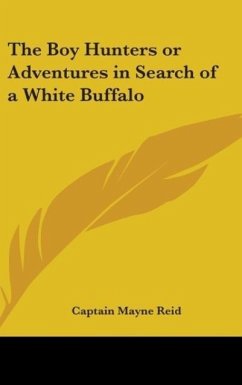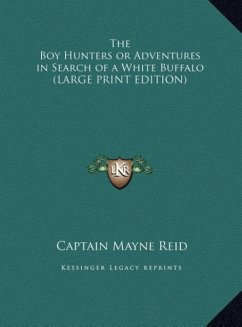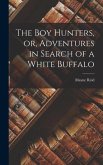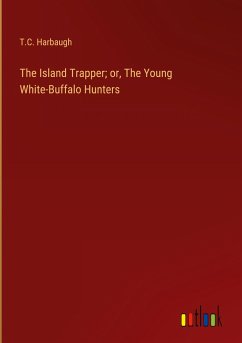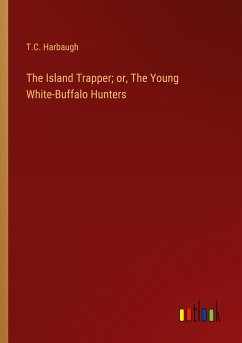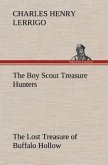From the Preface: This book has been written for boys. In the endeavor to interest the juvenile intellect, it is necessary to deal with physical rather than moral facts. The author is therefore debarred the use of that intellectual imagery, that might prove his pretensions to literary excellence. To the latter no claim is laid, in the present instance. Show and style have been sacrificed upon the altar of simplicity-at least, such has been the aim. See other titles by this author available from Kessinger Publishing.

